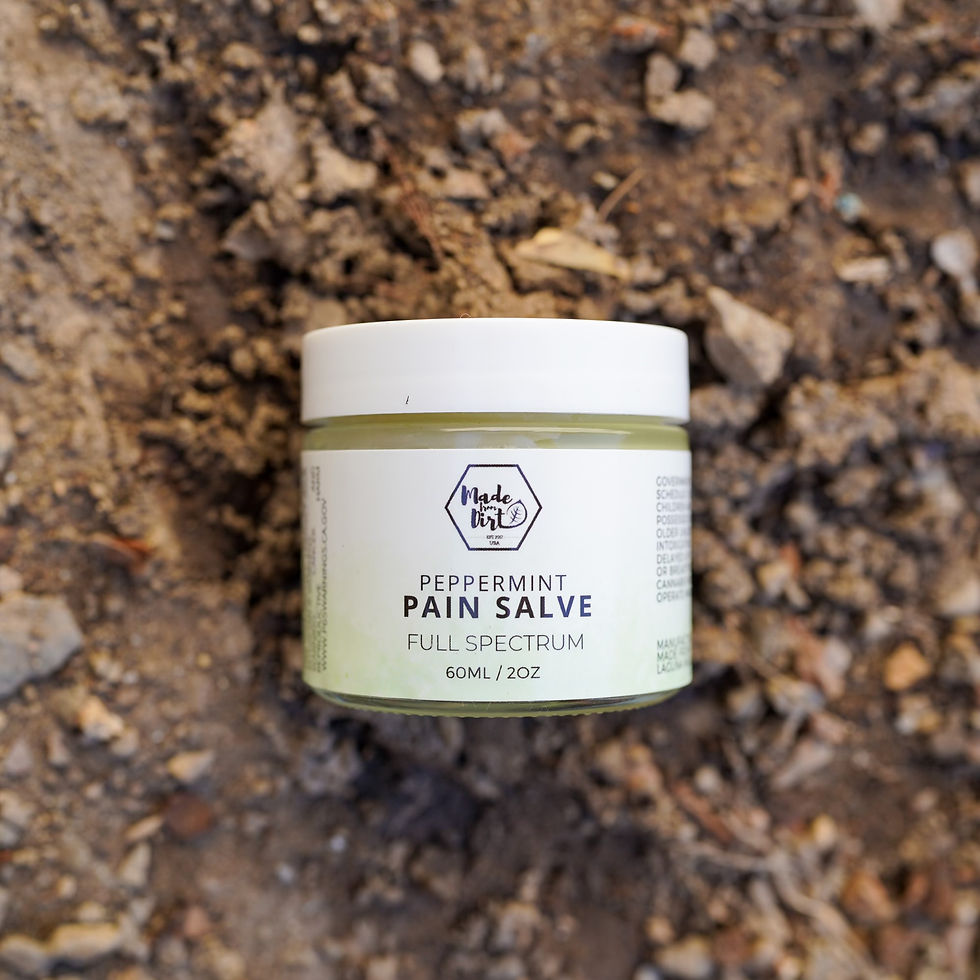Hemp Seed Oil vs CBD Oil
- Dani Matthew
- Feb 24, 2023
- 2 min read

You're reading this because all the terms around CBD can be confusing and sometimes deceiving. I wrote a quick explanation to help clear it up!
Hemp Seed Oil
Hemp seed oil is extracted from the seeds of the hemp plant, which is a variety of the cannabis sativa plant.
Refined hemp seed oil is clear and colorless, with little flavor. It is primarily used in body care products. Industrial hemp seed oil is used in lubricants, paints, inks, fuel, and plastics.
Hemp seed oil contains no tetrahydrocannabinol (THC) and little to no CBD.
Hemp seed products are found on large marketplaces like Amazon, and try to mimic CBD products. It is important to see the word CBD or Cannabidiol on the primary label or listed in the ingredients. A reputable brand will have testing from a 3rd party.
CBD Oil
CBD oil comes from the leaves, stalks and flowers of both cannabis and hemp plants. Both oils can be identified across a variety of products, from beauty to food.
People can generally find three different types of CBD oil on the market:
full-spectrum CBD oil, which contains all compounds of the cannabis plant, including THC (but at a very low level)
broad-spectrum CBD oil, which contains several compounds but not THC
CBD oil made using CBD isolate, which contains only CBD
Checking the testing results or COA is the only way to fully understand what exactly a CBD oil product contains.
In summary, Hemp seed oil and CBD oil both derive from the cannabis plant. CBD oil comes from the flowers, leaves, and stems, while hemp seed oil uses extract from the seeds of the cannabis plant.
Both CBD oil and hemp seed oil have numerous potential health benefits, but because research is limited, scientists must continue to study them.




Comments